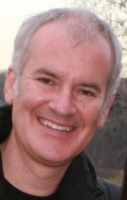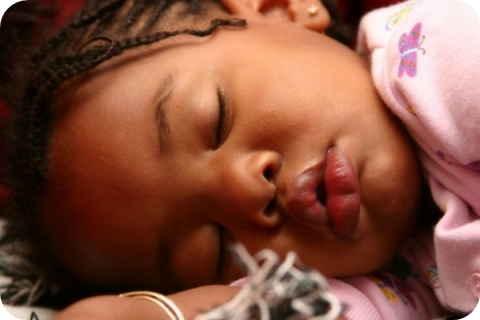Sleep Difficulties course



This session describes sleep in young people; what normal sleep is and what common sleep difficulties may occur.
Learning Objectives
By the end of this session you will be able to:
- Describe normal sleep
- Explain why sleep is important
- Indicate which children are at particular risk of sleep problems
- Describe the common sleep problems
This session uses self assessments that help you check what you have learnt. You do not have to use them and your answers are not seen by anyone else.
Paul Gringras is Professor in Sleep Medicine, Kings College London and Consultant in Paediatric Neurodisability and Sleep Medicine, at the Evelina Children’s Hospital, Guys and St Thomas NHS Foundation Trust.
His basic medical and paediatric training was in the UK, but he also worked in Chicago to focus on paediatric sleep medicine more specifically.
Professor Gringras is director of one of the few UK paediatric specialist sleep clinics with a holistic approach that addresses behavioural, genetic and neurological causes of sleep disorder, in addition to commoner sleep related breathing problems. This service integrates fully with the adult sleep service already established at St Thomas’ hospital, providing a true ‘lifespan’ multidisciplinary sleep group.
He has published widely in peer reviewed journals, and books. He lectures internationally and has served on the British Sleep Society executive committee and chaired the International Paediatric Sleep Association conference in 2012. He was in the Sunday Times Top 100 doctors in 2010, and in 2012 in the Sunday Times 100 best Children’s Doctors. His media experience includes newspaper articles (Guardian, Times) radio (BBC Inside Health 2013, BBC Today, and local stations); TV including BBC News, Newsround, Channel 4 Documentary).
His research is clinically orientated and focuses on the causes and treatment of sleep disorders in children with autism, attention deficit hyperactivity disorder (ADHD), cerebral palsy, epilepsy, Down’s syndrome and other neurodevelopmental problems. It includes epidemiological work tracking sleep patterns in large numbers of UK children as well as interventional studies, including MENDS; the largest randomised controlled trial of melatonin in neurodevelopmental disorders to date, and a trial of weighted blankets in autism. He has developed tools to assess sleep related memory consolidation in children, as well as ‘HealthTracker’ – an online child Health monitoring system.

- Anaesthesia Fundamentals | Physiology | Visceral P...
- Posted By eIntegrity Healthcare e-Learning
- Posted Date: 2025-01-11
- Location:Online
- This session describes the clinical features of visceral pain and neuropathic pain, and contrasts these with somatic pain. The neurological pathway is discussed and the principle of central sensitization.
- Anaesthesia Fundamentals | Physiology | Pain - Per...
- Posted By eIntegrity Healthcare e-Learning
- Posted Date: 2025-01-11
- Location:Online
- This session works through the peripheral and central mechanisms of pain.
- Anaesthesia Fundamentals | Physiology | Neurologic...
- Posted By eIntegrity Healthcare e-Learning
- Posted Date: 2025-01-11
- Location:Online
- The session covers the organization of the spinal cord for motor functions, the types of motor neurones, the structure and function of muscle spindles and Golgi tendon organs, and the muscle stretch reflex, flexor and crossed extensor reflexes.
- Anaesthesia Fundamentals | Physiology | Autonomic ...
- Posted By eIntegrity Healthcare e-Learning
- Posted Date: 2025-01-11
- Location:Online
- This session summarises the structure and function of the autonomic nervous system.
- Anaesthesia Fundamentals | Physiology | The Brain
- Posted By eIntegrity Healthcare e-Learning
- Posted Date: 2025-01-11
- Location:Online
- Â This session covers the functional physiological divisions of the brain, the regulation of blood flow and physiology of cerebrospinal fluid.








